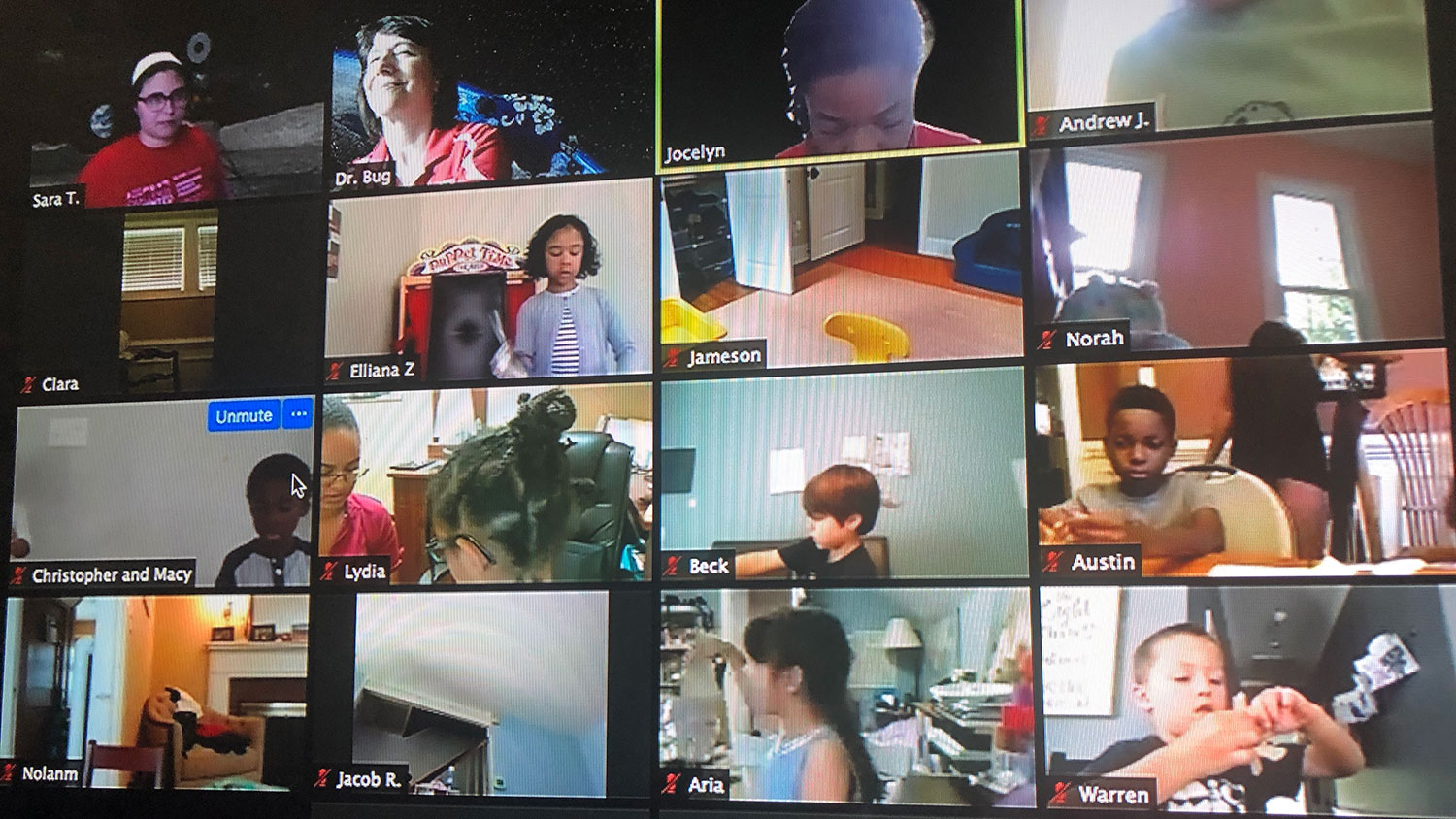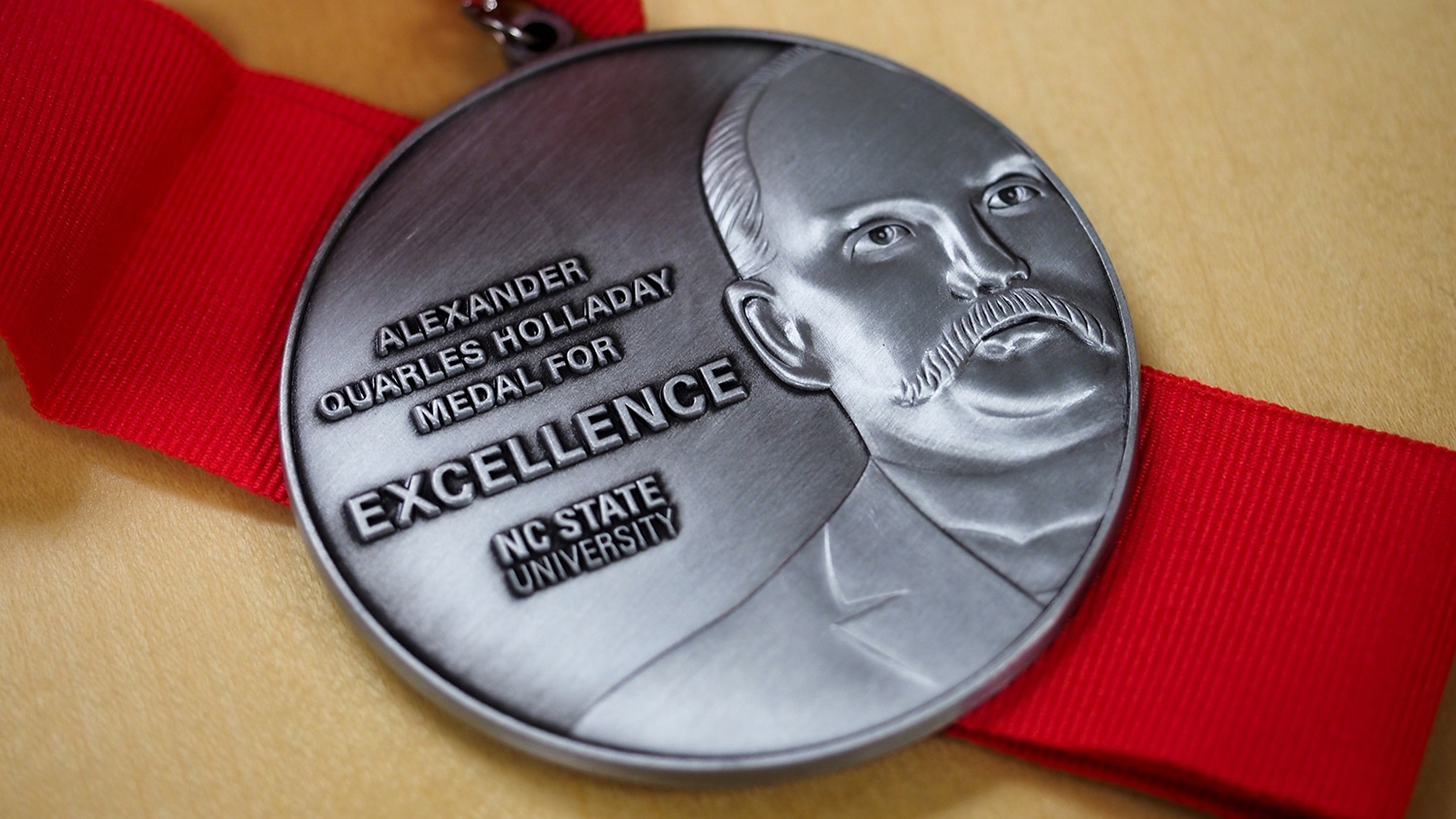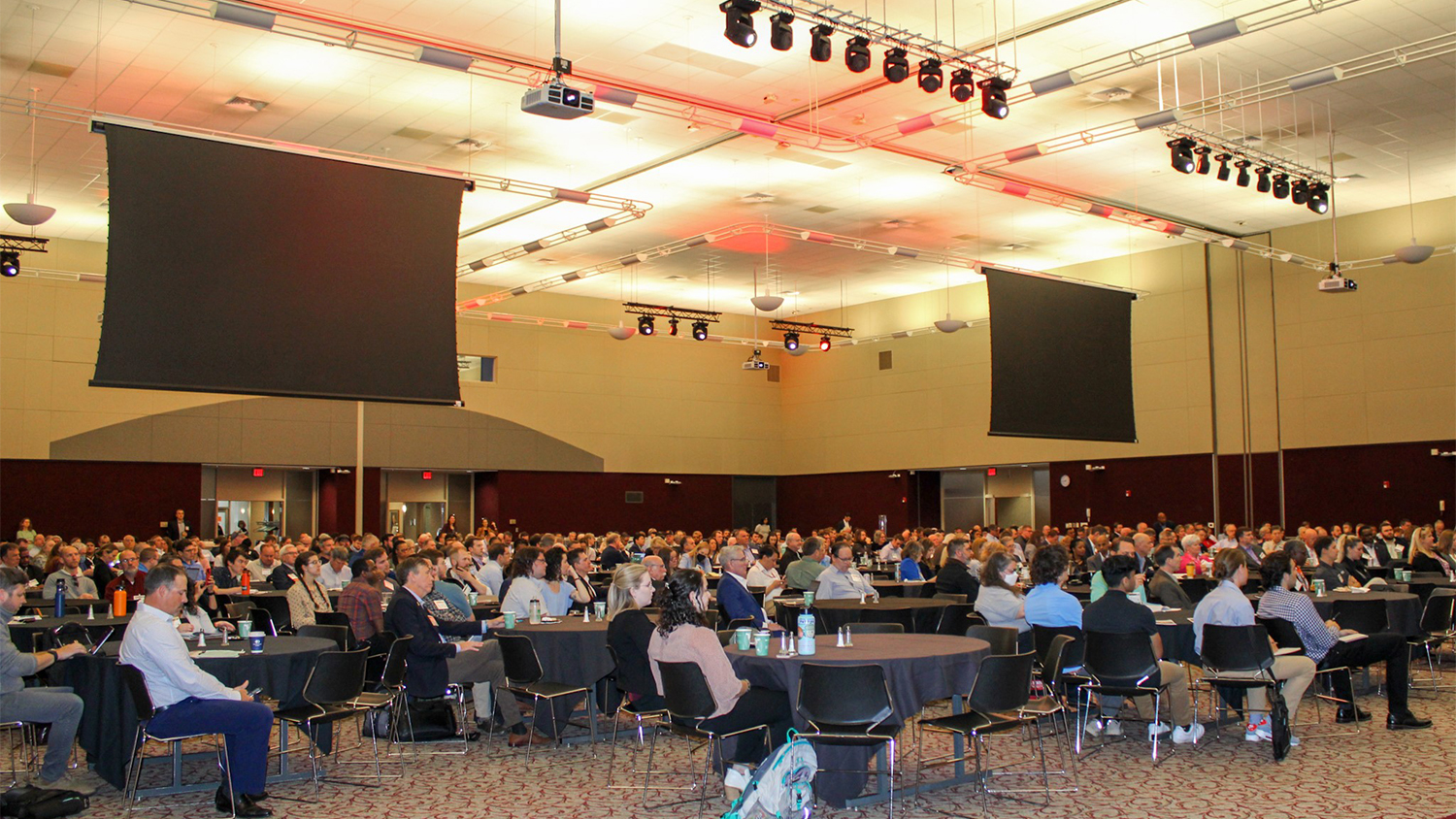Summer K-12 engineering camps go virtual

When COVID-19 eliminated the 2020 in-person summer engineering camps held annually on the NC State campus, The Engineering Place (TEP) team quickly jumped into action and adapted the face-to-face summer engineering camps into online virtual camps, ensuring K-12 students did not miss out on summer engineering camp learning experiences.
The Engineering Place is the K-12 Engineering Outreach program for the College of Engineering. Collaborating with engineering faculty and staff members and utilizing the expertise within the program, TEP develops hands-on engineering challenges and programs that incorporate science, technology, engineering and mathematics (STEM) discipline areas, including language arts and social studies. Engineering is the hook that can engage students in becoming interested and excited for STEM learning.
TEP summer camps are accredited by the American Camp Association and are the only camps held on a UNC System campus to hold that distinction.
“We focus on the E in STEM, since engineering is often overlooked in the K-12 classroom, especially in grades K-8,” said TEP Assistant Director Dr. Leah Bug.
Engineering challenges were designed to accommodate an online format and materials assembled into kits for shipment. Coordinator of Engineering K-12 Outreach Extension and Camp Director Susan D’Amico stated, “You can’t just passively watch something to experience engineering camp, you must do it,” and so the idea of shipping kits was born.
In all, more than 580 engineering kits were sent to registered campers, allowing them to experience engineering by doing: designing and creating solutions to engineering challenges.
A total of 40 virtual camps were offered this summer. 10 9th – 12th grade camps, 12 6th – 8th grade, eight 3rd – 5th grade and 10 K-2nd grade camps were held. K-8th camps were theme based, ranging from High Tech Farming to NASA Artemis to the Moon and Mars. The most popular camps were Island Survival and Amusement Park. High school students participated in day-long camps during the week in materials science and engineering, electrical engineering, computer science engineering, biomedical engineering, and industrial and systems engineering.
Supporting parents and children
To facilitate parents’ and students’ adaptation to their new summer plans, The Engineering Place provided classroom teachers, engineering undergraduates and TEP professional staff members as instructors and counselors throughout each week of camp. Camps were designed for minimal parent involvement, allowing the students to work through the engineering design process with their fellow campers and camp instructors. However, just in case parents did want to help, a Parent and Camper Digital Handbook was provided, “so parents and guardians have some ideas of how to best help their child,” Bug said. The goal was for parents to remain as hands off as possible, replicating a typical face-to-face summer camp setting, ensuring the campers were still the ones completing the projects.
Parents were very appreciative to have a learning experience for their children during the summer when most everything else was shut down.
“Our daughter has thoroughly enjoyed the NC State camps and we are beginning to see that interest in her to make and build things which is great,” said one parent in an anonymous survey. “We appreciate this initiative from NC State and you all, during these times.”
Increasing Interest from Underrepresented Students
Alumni of the College’s Women and Minority Engineering Programs and NC State faculty and staff engineers provided a unique opportunity in the rising 3rd – 5th and 6th – 8th grade camps as guest engineers, sharing how they became interested in engineering and how they currently use their engineering degree and listening to student presentations. Demonstrating the diverse composition of engineering professions and allowing participants to talk with a diverse group of engineers was a highlight for many campers. “Increasing diversity in engineering careers is a high priority at The Engineering Place, and our programming is designed to engage underrepresented populations to help them see themselves as an engineer,” stated TEP Director Dr. Laura Bottomley. “These engineers provided a unique experience for the campers as only NC State can.”
Future K-12 Online Programming
Bug and D’Amico are both looking forward to what this successful type of programming can mean for the future of TEP summer camp offerings, even planning for virtual engineering learning past COVID-19.
“We are quite proud of how we were able to pivot from face-to-face to virtual camp offerings this year, as not many programs were able to do so,” stated Bug. In fact, TEP partnered with the Puerto Rico Science Technology and Research Trust group in providing a TEP engineering camp to more than 55 students in July. The camp, conducted in Spanish, focused on food stability through the Engineering Applied to Agriculture Camp. As D’Amico stated, “We can see every summer, having the options of our day camps, our residential camps and a virtual camp, reaching kids throughout the state, out of state, and internationally… who would like to be a part of our engineering programming, but just can’t physically get here.”
Learn more at www.engr.ncsu.edu/theengineeringplace.
Return to contents or download the Fall/Winter 2020 NC State Engineering magazine (PDF, MB).
- Categories:


